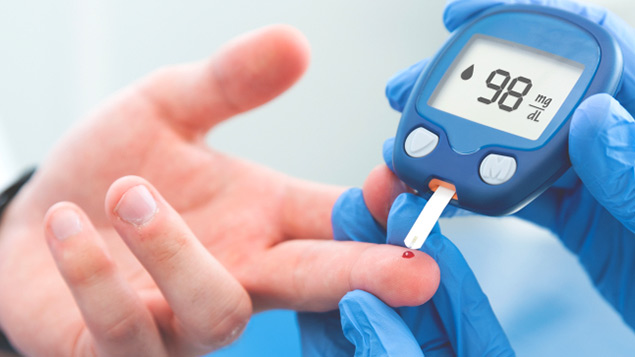Diabetes: Types, Symptoms and Treatment
Diabetes has become a health concern across the globe as millions of people are affected by it. While some cases are well-managed causing no harm to the patient’s organs, severe cases can lead to blindness, lower limb amputation, heart conditions, and kidney failure. The main reason for developing this health condition in the body is excessive level of blood sugar. Along with this, the lack of insulin, an energy-producing hormone, can also lead to diabetes or insulin resistance. Patients who are overweight with an inactive lifestyle and a family history of diabetes are the most vulnerable to this medical condition. For proper diagnosis of diabetes, taking an HbA1c test from a reputed pathology lab is highly advised.

Types of Diabetes:
1. Type 1 - In this type of diabetes, the patient’s body destroys or restricts the insulin-making cells present in the pancreas. As this condition is generally diagnosed in children or young adults, it is also termed as juvenile diabetes.
2. Type 2 - As the most commonly occurring diabetes found among patients who are middle-aged and older, it is a condition wherein the insulin is unable to absorb glucose in the body. This leads to an excessive amount of glucose in the system, also known as high blood sugar.
3. Gestational - At times, some women develop this particular diabetes during their pregnancy that tends to subside after the birth of their child. However, there are chances of developing type 2 diabetes are very high in a patient who has a history of gestational diabetes in the past.
Symptoms:
For patients with type 1 diabetes, experiencing extreme hunger pangs, fatigue, blurry vision, UTIs, mood swings, and dehydration are very common symptoms. While in the case of type 2 diabetes, patients suffer from similar symptoms along with yeast infections, numbness in hands or feet, unexplained weight loss, and inefficient blood clotting on open wounds. Gestational diabetes is diagnosed during routine check-ups during the first and second trimesters of pregnancy. HbA1c fasting test is periodically conducted for women above the age of 25 who are overweight and have a higher chance of developing this condition.
Treatment:
After prescribing a HbA1c test for diabetes in a patient, the endocrinologist is responsible for helping a patient manage diabetes. Type 1 diabetes requires insulin shots to be taken on a daily basis for the rest of a patient’s life along with medication for cholesterol and blood pressure if need be. While in the case of type 2 diabetes, a mix of medication and changes in the lifestyle of the patient are needed. This includes daily exercising, taking a nutritious diet, avoiding sugar intake, and regularly monitoring blood sugar levels. For pregnant women with gestational diabetes, daily exercise, special meal planning, and insulin shots are needed for smooth delivery.
Post Your Ad Here
Comments